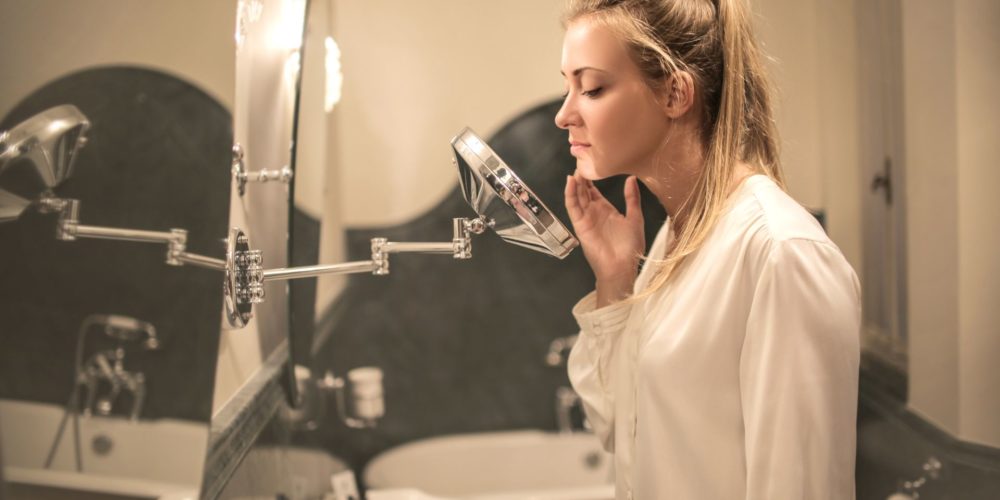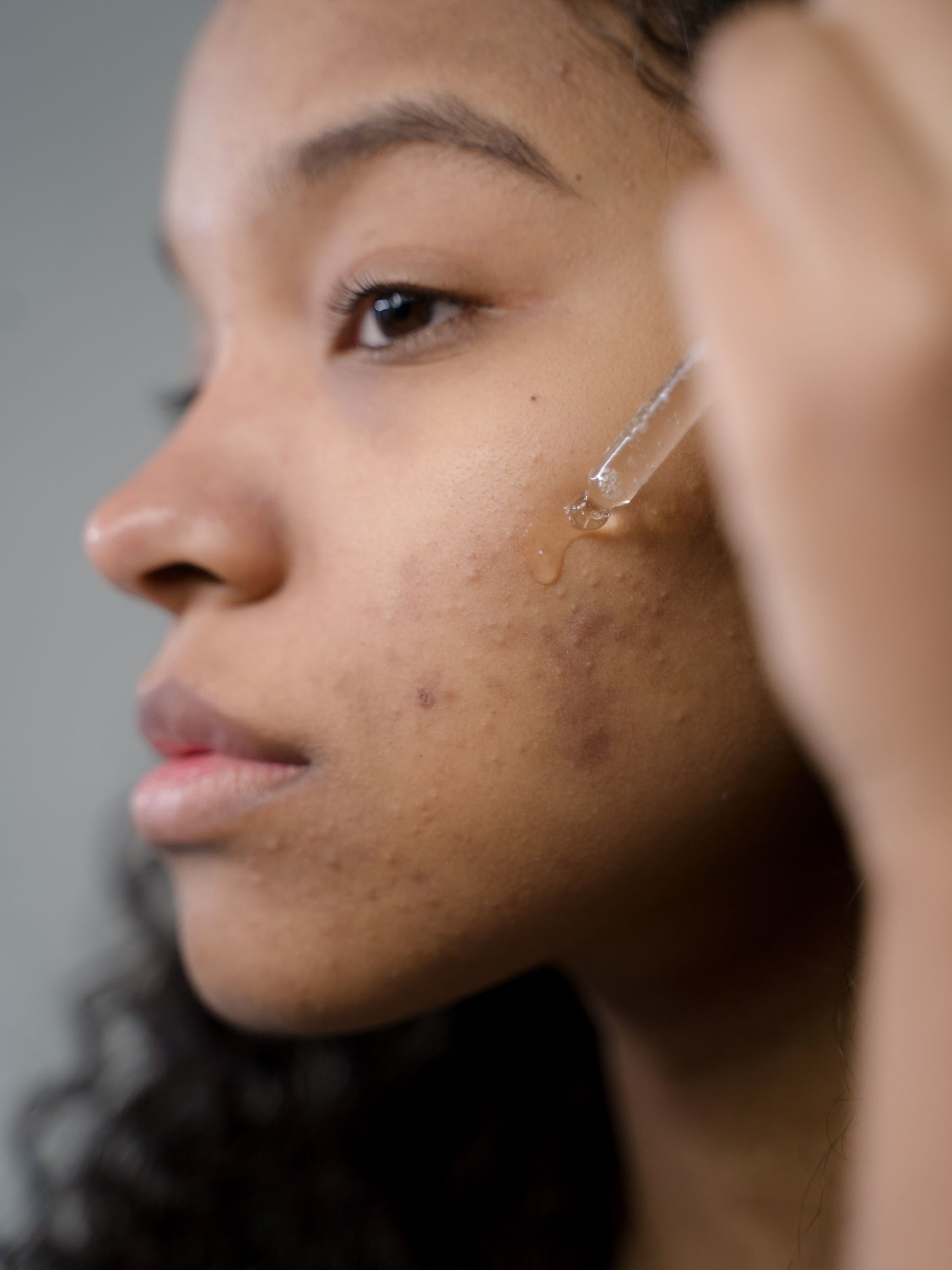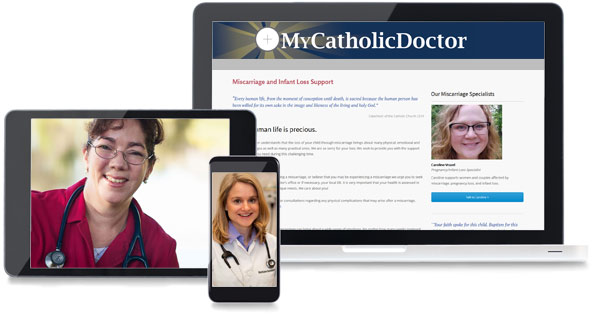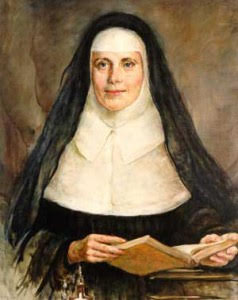Changes in hormone levels can exacerbate acne. Genetics can also play a key role in acne. Other causes of acne may include the following:
- Hormone level changes during a woman’s menstrual cycle
- Polycystic ovarian syndrome (PCOS)
- Hormone changes during pregnancy
- Certain medicines (such as corticosteroids, lithium, and barbiturates)
- Oil and grease from the scalp, mineral or cooking oil, and certain cosmetics
- Diet
Squeezing or popping the pimples or scrubbing the skin too hard can make acne worse. Skin may also become irritated with friction or pressure from helmets, backpacks, or tight collars. Pollution or humidity can also irritate the skin.
Acne can also be caused by certain hormonal medications. Other hormonal medications, such as oral contraceptives, are sometimes used to treat acne. Although there is nothing immoral about using contraceptives to treat acne, MyCatholicDoctor offers many more natural options to manage your acne. We offer natural and moral hormonal balancing during the menstrual cycle and pregnancy. We have comprehesive diagnositic and treatment options for polycystic ovarian syndrome (PCOS), using apporaches that respect the natural rhythm of female hormones.
MyCatholicDoctor also offers spironolactone for treatment of acne, which is often a good option for women.









